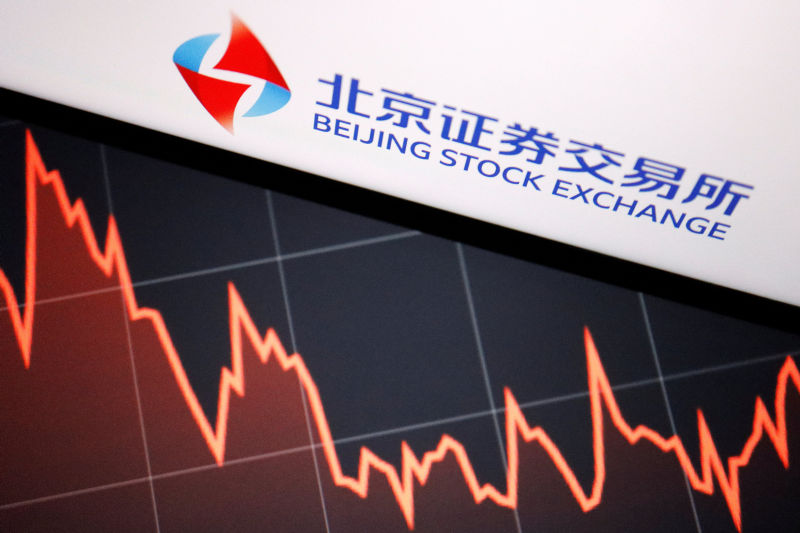Hedge funds in China that favour computer-driven investment endured heavy losses in the first half of the year.
Quantitative funds, that use computer algorithms and leverage, delivered strong returns over recent years despite a market downturn, because of bets on small-cap stocks. But they were hit hard in February – rocked by China’s “quant quake,” when state-backed investors backed market big-caps.
And the latest data shows that the quants, as they’re known, underperformed traditional stocks strategies at home and other popular global fund strategies.
ALSO SEE: Nikkei Dips on Tech Earnings, Yen Rally; EVs Weigh on Hang Seng
That dismal performance is leading to a reshuffle in the $200 billion industry, prompting some to even exit their businesses, market participants say.
Fast-growing quantitative funds are in the regulatory crosshairs as Beijing attempts to restore retail investor confidence.
Global investors are watching to see if these funds can recoup losses following February’s market turmoil, and stricter oversight over trading practices, including curbs on short-selling and high-frequency trading.
Losses ranged from 8.6% to 14%
Quant hedge funds trading China’s onshore A-shares suffered an 8.6% loss in the first half of the year on average, which contrasts with their 3.2% gain for the full 2023 year.
Those tracking the small-cap CSI 1000 Index were hit harder, dropping 14%. In contrast, onshore equity hedge funds faced a 3% loss, according to China Securities.
By June 2024, there were 30 quant hedge funds in China overseeing assets over 10 billion yuan ($1.37 billion), down from 32 at the end of 2023, according to PaiPaiWang Investment and Management data.
‘Unfair advantages’
China’s securities watchdog also issued warnings about quant trading and their unfair advantages over retail investors and imposed tougher rules on such trading.
“Market movements went against China-focused quants and actually took some out of business. Now, with the latest short-selling reforms, it will make it harder for China quants to thrive,” Jonathan Caplis, CEO of PivotalPath, said.
“Though investors can’t ignore China due to the size of the market, they are certainly very cautious about how to best approach investments in China,” Patrick Ghali, managing partner of Sussex Partners, said.
“The quant crisis in February served as a stress test in an extreme environment. Funds that were less affected and can bounce back quickly will distinguish themselves,” Erin Wu, head of investor relations at OP Investment Management, said.
- Reuters with additional editing by Jim Pollard
























